Badi Soch: Pakistan’s next government
This daily column includes Gateway House’s Badi Soch – big thought – of the day’s foreign policy events. Today’s focus is on the elections and new government in Pakistan.

This daily column includes Gateway House’s Badi Soch – big thought – of the day’s foreign policy events. Today’s focus is on the elections and new government in Pakistan.
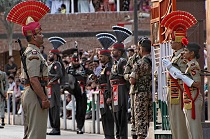 Courtesy: rwoan/Flickr
Courtesy: rwoan/Flickr
Pakistan’s national elections will take place in the backdrop of a troubled economy, severe energy crisis, and frequent terrorist attacks. Can these problems be solved if the next leadership agrees to open its territories for trade and transit purposes between India and Afghanistan?
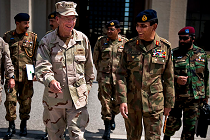 Courtesy: United States Navy
Courtesy: United States Navy
Gateway House’s Ambassador Neelam Deo, in a debate, titled ‘The civil-military equation in Pakistan has begun to tilt in favour of civilians,’ argues in her closing remarks that Pakistan will need sympathy and support as it confronts the complex choices that the democratisation process continually throws up.
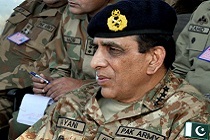 Courtesy: Pakistan97/WikimediaCommons
Courtesy: Pakistan97/WikimediaCommons
Gateway House’s Ambassador Neelam Deo, in a debate, titled ‘The civil-military equation in Pakistan has begun to tilt in favour of civilians,’ argues in her rebuttal that the changes in Pakistan resemble a one-step-forward-and-two-steps-backwards process rather than a move up to the next level.
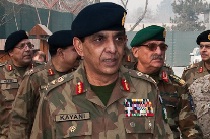 Courtesy: U.S. Army/WikimediaCommons
Courtesy: U.S. Army/WikimediaCommons
With Pakistan geared for a defining general election scheduled for May 11, Gateway House’s Ambassador Neelam Deo in a debate, titled ‘The civil-military equation in Pakistan has begun to tilt in favour of civilians,’ argues against the motion.
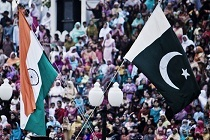 Courtesy: WikimediaCommons/Flickr
Courtesy: WikimediaCommons/Flickr
The road to reconciliation between India and Pakistan is likely to be a long and treacherous one. But perhaps economic compulsions can overtake political ones. That is the hope in Karachi, whose business community has started to make its journey across the border to India.
With India backing the United Nations resolution against Sri Lanka, New Delhi-Colombo relations appear to be in a tense phase. Gateway House interviews Prasad Kariyawasam, the High Commissioner of Sri Lanka to India, to discuss the implications of the UNHRC vote and the future of India-Sri Lanka relations.
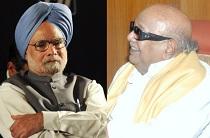 Courtesy: WikimediaCommons
Courtesy: WikimediaCommons
New Delhi has taken some opportunistic actions, such as its vote against Sri Lanka in the UN Human Rights Council, to pacify internal political demands. But these extract a price in the international arena. Should we anticipate a further decline in India’s regional and international credibility?
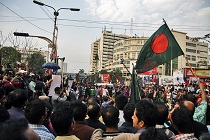 Courtesy: Rajiv Ashrafi/Flickr
Courtesy: Rajiv Ashrafi/Flickr
The youth of Bangladesh, a generation born well after 1971, are now demanding long overdue accountability, secularism, and neighbourly friendship. If the movement is successful, Bangladesh will have shown all South Asian countries that to transcend the past it is necessary to be transparent and secular.
The military withdrawal of U.S. troops from Afghanistan in 2014 is likely impact both South and Central Asia. Gateway House interviews former U.S. envoy to Afghanistan Karl Eikenberry, who also served as a military officer in Afghanistan, to discuss the challenges and opportunities in post-2014 Afghanistan.